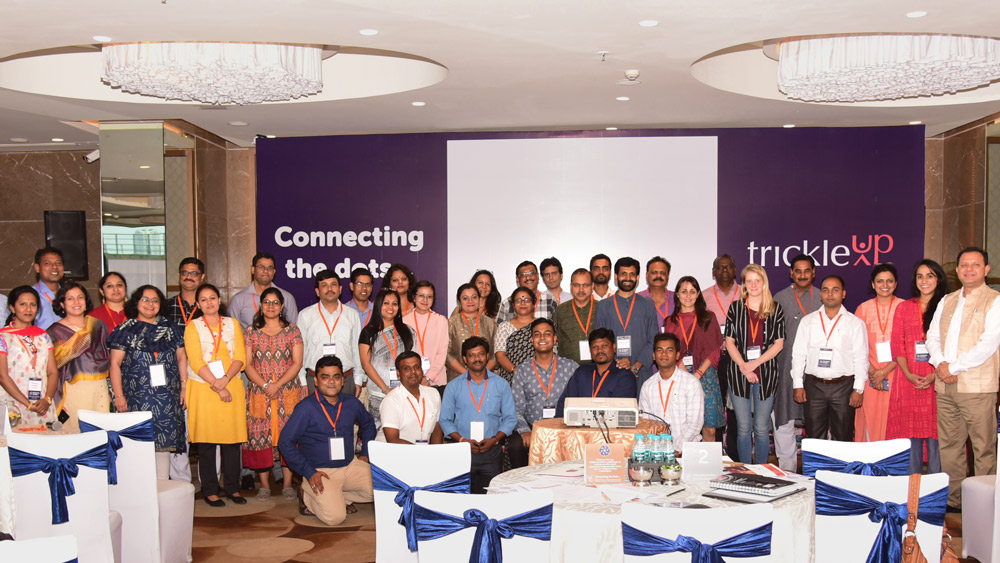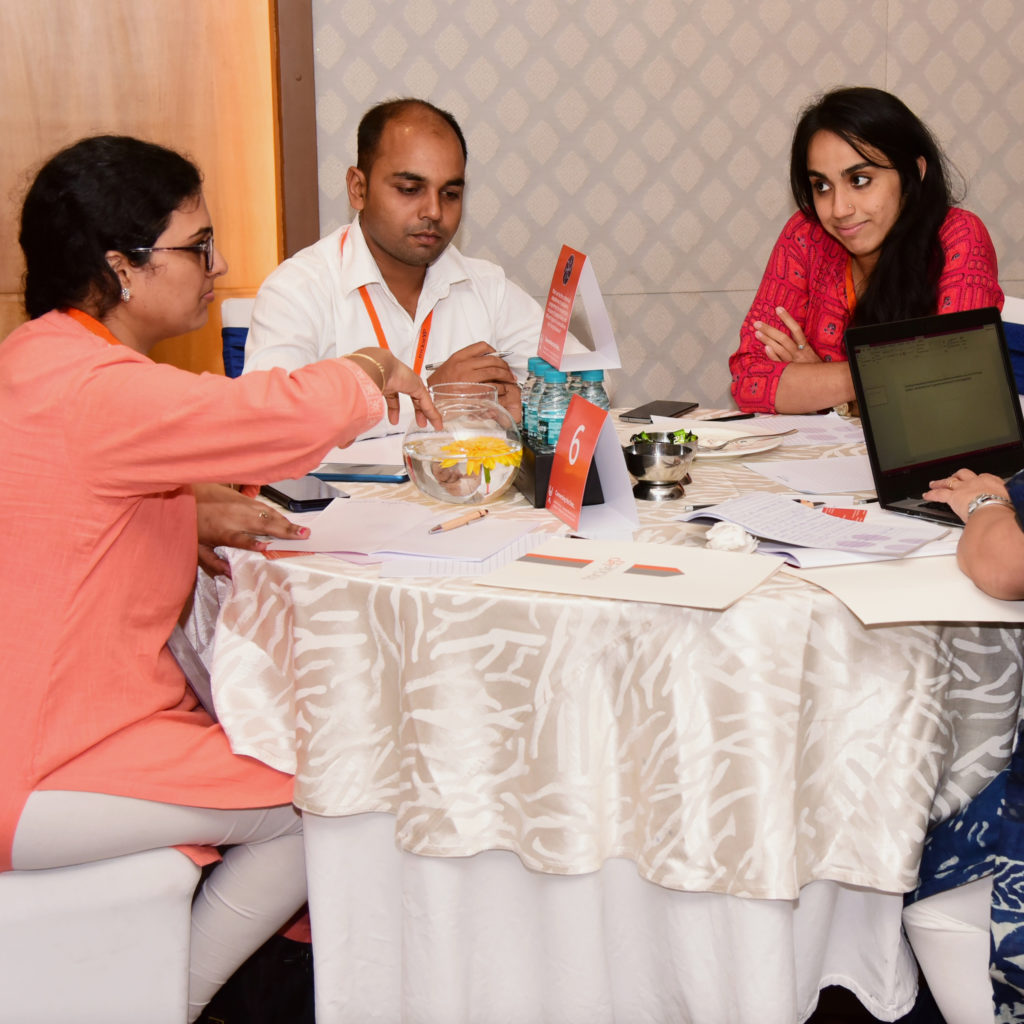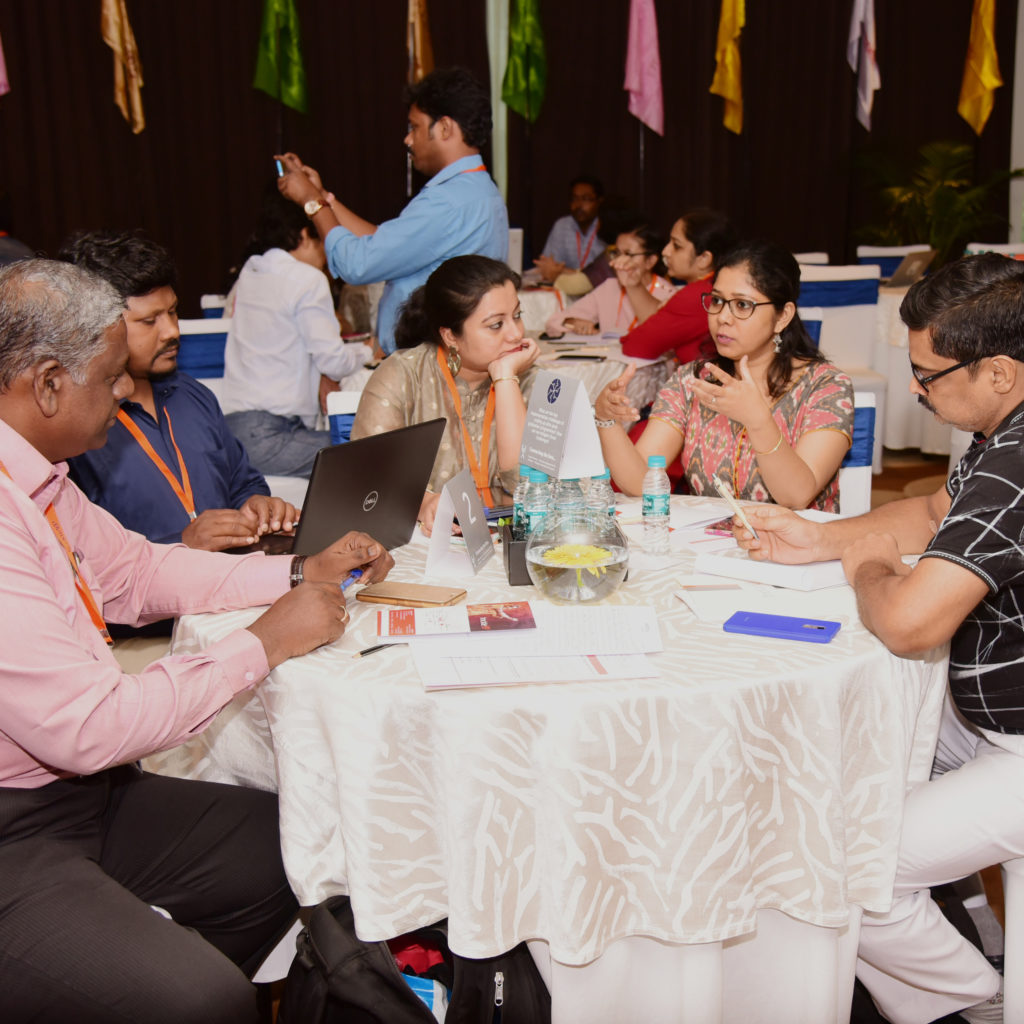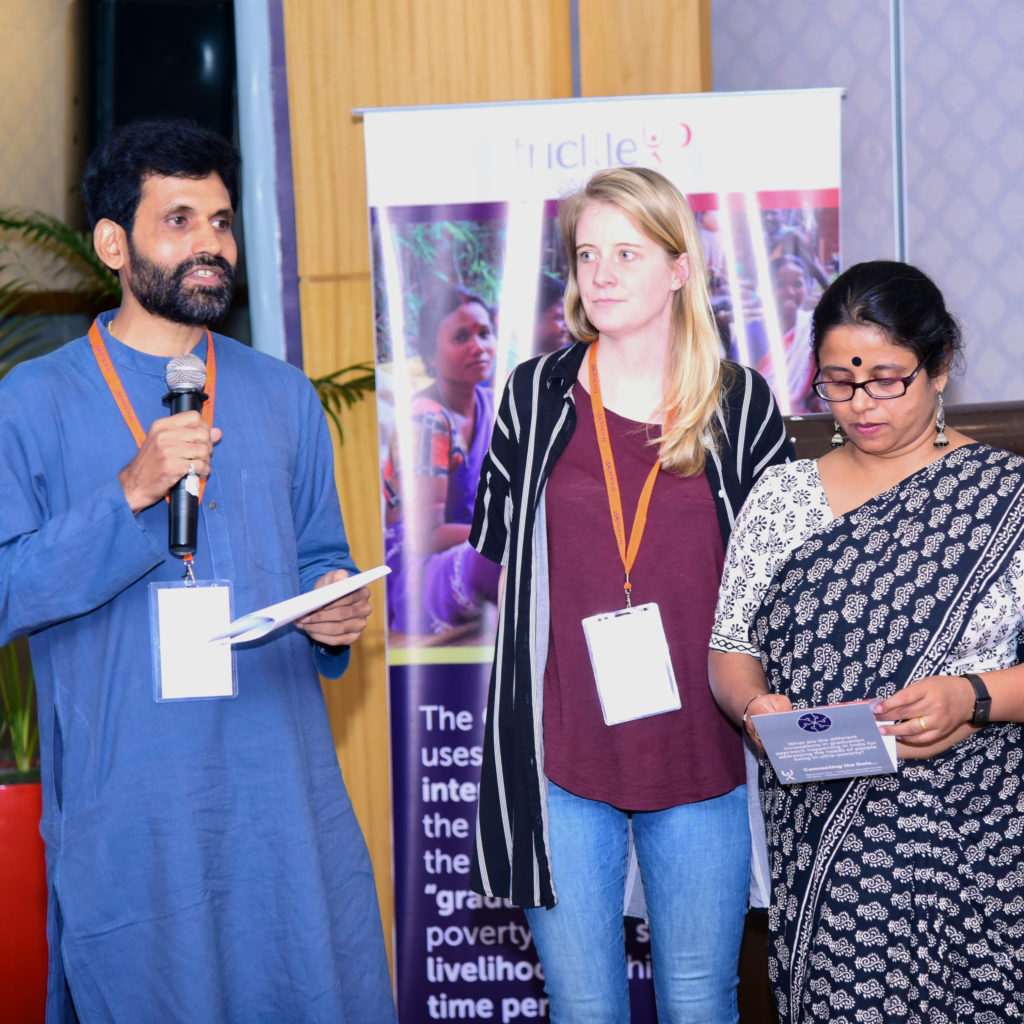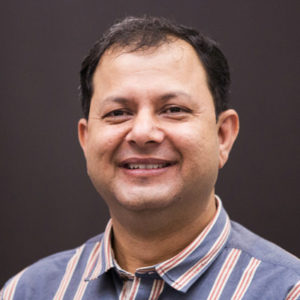Millions of Indians still live in extreme poverty.
For more than a decade, Trickle Up has helped women and their families in the resource poor areas of West Bengal, Jharkhand, and Odisha leave extreme poverty and gain financial sustainability through the Graduation Approach. Our participants receive a small seed grant to start business actitivies and form savings groups with other women in their village. With the support one-on-one coaching, they learn to save, access credit, build skills and support one another as peers.
Trickle Up now aims to scale up our impact through the widespread implementation of the Graduation Approach in India. Over the next three years, we plan to reach 500,000 households living in ultra-poverty through comprehensive government adoption and replication of the Graduation Approach.
However, we need partners and allies to make this a reality.
Trickle Up recognized that the first step towards expanding Graduation in India was to generate awareness and establish cooperation among the organisations already working with the ultra-poor. Therefore, we organized a national seminar on the Graduation Approach, aptly called “Connecting the Dots.” The event was held in Kolkata in June 2019 and was attended by senior development professionals and prominent organizations such as Caritas India, Centre for World Solidarity, Child Rights and You, Grameen Foundation India, Head Held High Foundation, Indian Grameen Services, J-PAL South Asia, Oak Foundation, Oxfam, Peepal, Pradan, Pravah, Save the Children, World Vision, Bihar Rural Livelihoods Promotion Society – Jeevika and Orissa State. The event was also attended by the senior corporate social responsibility (CSR) lead of TATA Communications, who are supporting the innovative MPOWERED pilot that integrates mobile technology into the Graduation Approach.
The attendees comprised organizations specifically focused on Graduation Approach and its implementation—such as , World Vision of India, and Bihar Aajivika—but also those working with the marginalised populations and livelihood activities under alternate, but similar, designs and models.
The seminar opened with the organizations directly involved with Graduation Approach presenting the principles of the approach, the details of their work, innovations they have brought to implementation, and the lessons they have learned in the process. Every attendee in the auditorium began to recognize that their work fit into the structural framework of the Graduation. The room unanimously agreed that, unknowingly, every organisation had been working on various components of the Graduation Approach. Despite using different names, everyone shared similar objectives!
The attendees were then divided into smaller groups, each examining different aspects of the Graduation Approach and providing recommendations for improvement. These recommendations included:
- Engaging the Gram Sabha—village governing bodies—to ensure inclusion
- Using community level cadres for sustainance of the approach
- Advocating with the Government and policy makers
- Creating better transparency of communication for downward accountability
- Converging certain services to ensure effective and efficient delivery.
What it Means to Graduate in India
The graduation ceremony for 500 women in India celebrated an important milestone in our participants’ journeys out of poverty. It also signified a new stage for Trickle Up’s deepening work integrating the Graduation approach into large government anti-poverty programs.
As the day drew to a close, representatives from each organisation called out for the need to collaborate and not compete in order to solve the rising crisis of the ultra-poor in the country. Leaders voiced the need for new mechanisms for cooperation and knowledge sharing.
“We usually work in isolation. Its time for us to create a platform for cross-learning and this event has been a great beginning,” said Sanjib Sarangi, Vice-President of Indian Grameen Services.
“Every recommendation shared in today’s program…needs a focused follow up regime,” declared Neil Devasahayam, the Director and Technical Support Head of World Vision, India. “How frequently can we meet like this and keep sharing our progress?”
The event successfully marked the start of a journey to determine the future course of action for influencing the policymakers in India, at national and sub-national levels, to adopt, adapt, and integrate the Graduation Approach with the existing and/or future poverty alleviation programmes practised by different development organisations working in the country. Despite coming from different organizations, each attendee was eager to learn from the other and share their experiences, innovative approaches and challenges.
It was an event where we came together, not as competitors, but as collaborators.

